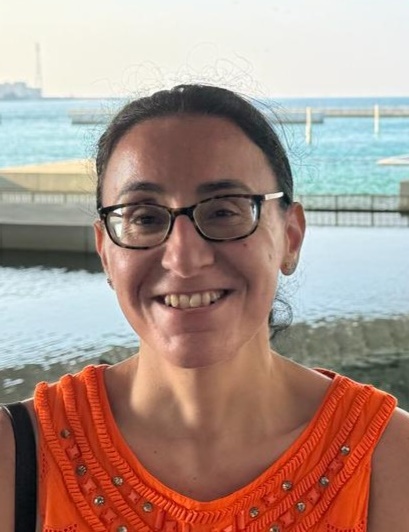The healthcare sector is responsible for more than 4% of international greenhouse gases. This makes our sector the fifth largest polluter in the world. The situation is different for health-care systems in high income countries, where much higher environmental efficiency is accompanied by high health-care expenditures and reported wasteful practices.
The pollution we create is the sum of among others waste, patient and staff movements, energy consumption by buildings and operating theatre air treatment and anaesthetic gases. All these are fundamentally necessary for quality and safe care.
Yet, by looking critically at each issue, we can cut down, especially in hand surgery. Whether the alternative is more sustainable or not should be based on science together with common sense. Often life cycle analyses are used for this purpose. Think of less (no?) disposables, less use of plastics, customised splints made of biodegradable material, recycling of equipment, more use of local and regional anaesthesia, and so on. It is often more simple than you would expect, but requires collaboration with other specialists such as hospital hygienists, and flexibility of mind.
Let’s work together so that healthcare becomes less polluting. Less environmental pollution also contributes to better health, which should be close to your heart as a healthcare professional, right?
Green recommendations for surgical practices have been identified:
- operating room waste reduction and segregation
- reprocessing of single-use medical devices
- energy consumption management
- pharmaceutical waste management
- Recycled materials packaging
Green initiatives
- Promote education and increase awareness to encourage us as surgeons to become proactive and change aspects of our practice which are in our control.
- Promote a culture of green procurement by requesting sustainability information and corporate
- Encourage industry to design sustainable products; improve aftercare; and set up recycling services for products /equipment.
- Draft guidelines about change in practice which can be considered and safely implemented as they are applicable to people working in different institutions in various locations.
- guiding the FESSH membership to improve sustainability in their own practice.
FESSH Green team members



